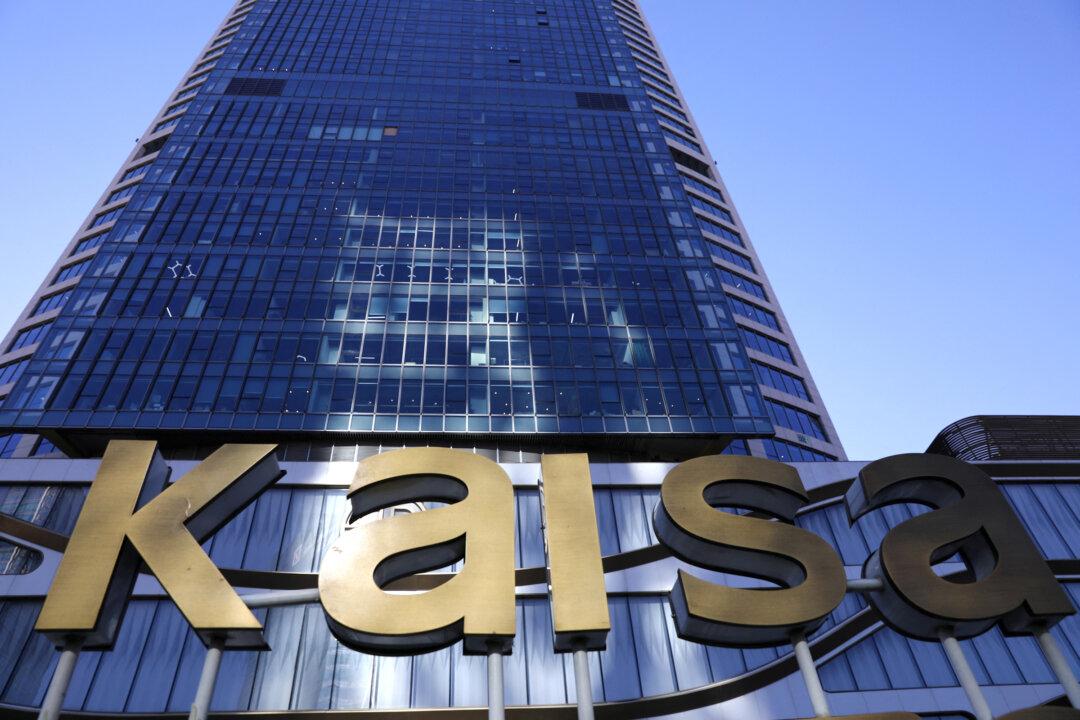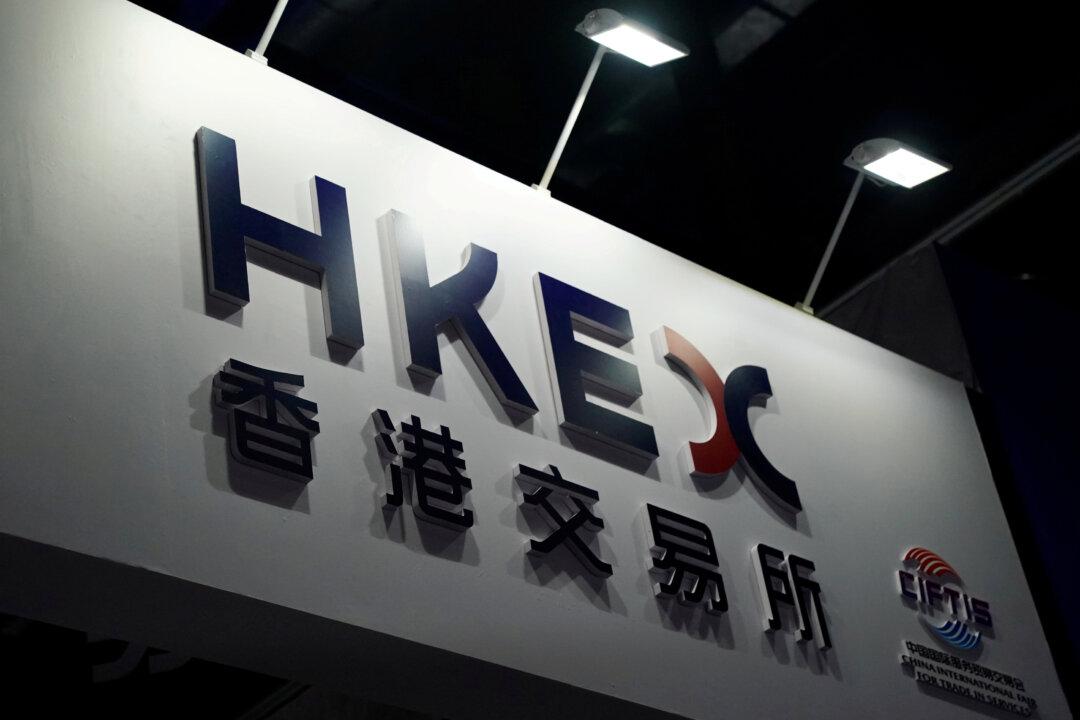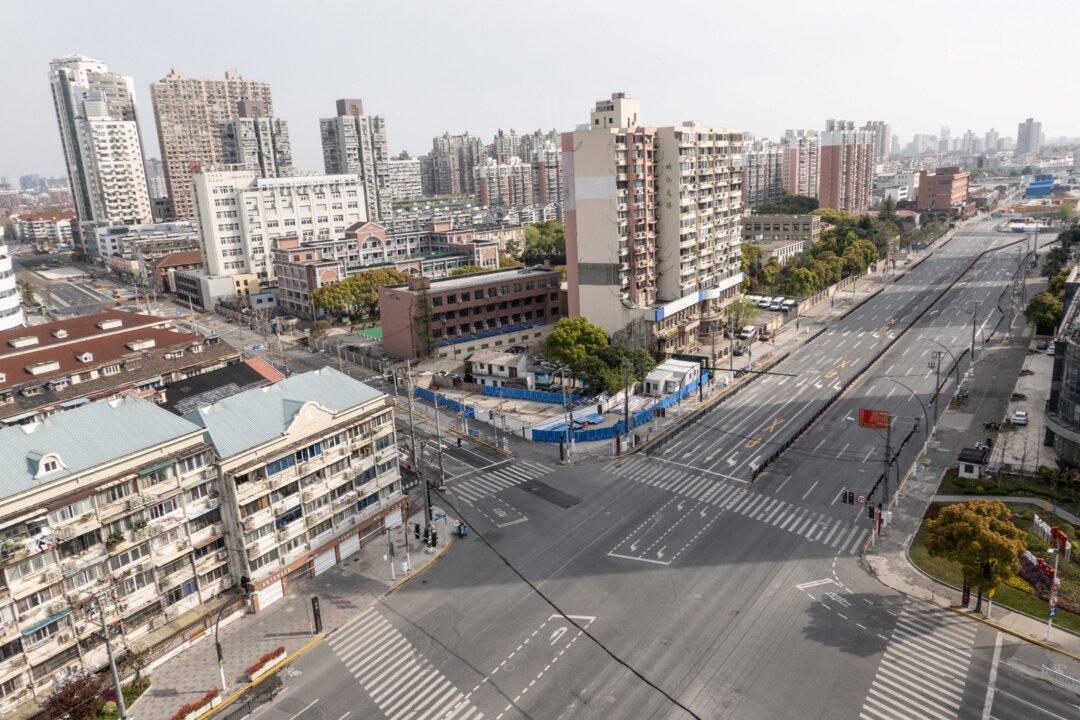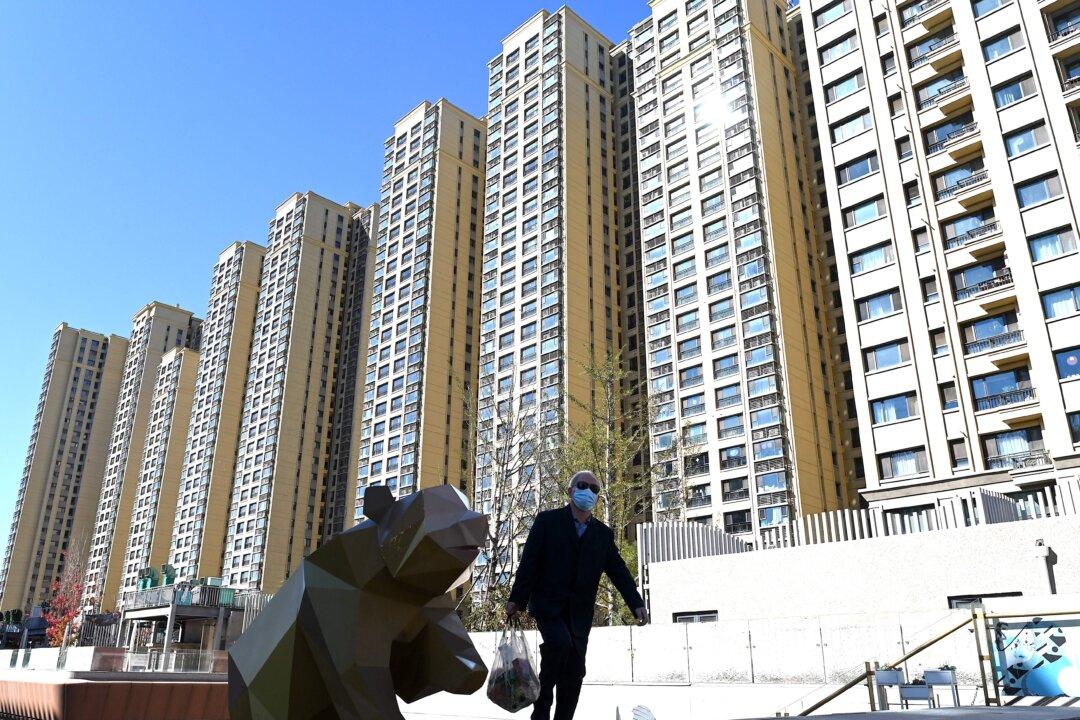A growing number of Chinese property developers this week said they will be unable to publish audited 2021 earnings statements on time, deepening market concerns over the sector’s financial troubles.
Indebted Kaisa Group Holdings Ltd. became the latest developer to disclose that it will most likely miss the deadline for reporting audited financial results due this month. Another new COVID-19 wave in China disrupted audit work, the company said on Tuesday in a stock exchange filing.
Trading of Kaisa’s shares in Hong Kong will be suspended as of April 1, the filing added.
As required by listing rules, Chinese property firms listed in Hong Kong face a March 31 deadline to file annual results, their first audited financial statements since the industry’s liquidity crisis spread.
Kaisa, the second-largest U.S. dollar bond issuer among Chinese property developers after China Evergrande, is restructuring its $12 billion offshore debt after defaulting on some bonds last year.
China Evergrande Group also said on Tuesday it would be unable to publish results on time owing to the “drastic changes” in its operational environment since the second half of last year, its auditor added “a large number of additional audit procedures” this year.
Since Monday, trading in Evergrande and its two Hong Kong-listed subsidiaries has been halted. The developer is crumbling under the weight of more than $300 billion in liabilities.




